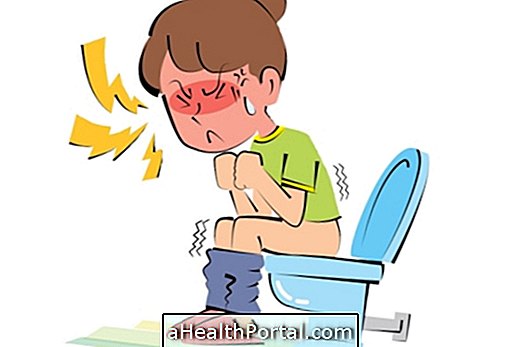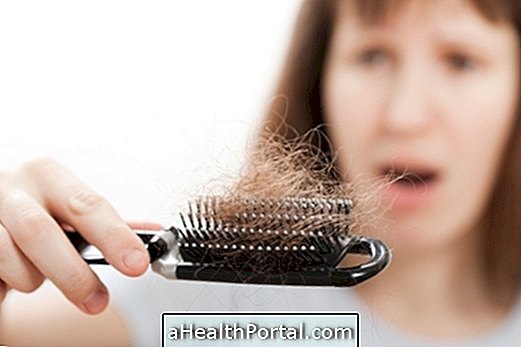Taking more than 1 laxative tablet per week is detrimental to health because they can 'vitiate' the bowel by making the body dependent on these drugs to eliminate the stool. In addition, the laxative can vitiate as much as any other drug.
Therefore, the use of laxatives should only be done under medical guidance, because in the right dose, they can be recommended when it is necessary to empty the intestine during preparation for exams such as colonoscopy, for example.
3 problems caused by excess laxatives
Frequent use of laxatives, such as lactulose or bisacodyl, can be harmful to health because they can cause:
1. Worsening Constipation
When you are at least 3 days without having a bowel movement and the stools are very hard, causing pain because the bowel is losing its functions slowly and only works when stimulated by the laxative, causing dependence.
2. Malfunction of the kidneys or heart
The use of excess laxatives can also cause heart or kidney problems due to the elimination of important electrolytes, such as calcium, as well as vitamins and nutrients necessary for the proper functioning of the body.
3. Harm to the absorption of other medicinal products
In addition it leads to irritation of the mucosa of the intestine and make the large intestine more smooth and long increasing the path that the stool need to do to be eliminated and reducing their roughness that help to shape the stool and help in intestinal contractions.
Therefore, one should use laxatives when directed by a physician.
When it may be appropriate to take laxatives
The use of laxatives may be indicated in case of:
- People who have constipation due to lack of physical activity, such as bedridden seniors;
- People with severe hernias or hemorrhoids that cause a lot of pain to evacuate;
- In the postoperative of surgeries in which one can not make effort or if it is many days lying down;
- In preparation for medical exams that require intestinal emptying, such as colonoscopy.
However, the use of laxatives should only be done at the doctor's appointment because in some cases, they may interfere with other medications that the individual is taking and aggravate the problem.
How to take laxatives without harming your health
The laxatives recommended by the doctor can be taken orally through drops or syrup solutions or by applying directly to the suppository anus and lead to increased bowel movements and help to make stool more, facilitating their exit.
Great natural options are the juices and teas that have a laxative effect, such as papaya juice with orange or sene tea, for example. Watch the video to know what to do:

Contraindications to the use of laxatives
Generally, contact laxatives are not indicated during pregnancy, nor in patients with nausea and vomiting because they can increase dehydration, aggravating the problem.
It is also contraindicated for children who have constipation should only use laxative by indication of the pediatrician, because it can change the intestinal flora, decreasing its functioning.
In addition, this medication should not be used when you have bulimia or anorexia or when taking diuretics such as furosemide because it increases the loss of water and minerals in the body that can lead to malfunctioning of the kidneys or heart, for example .
How To Improve Bowel Function
To increase bowel function, without having to use laxatives, it is recommended to start with natural strategies such as:
- Drink more water by ingesting at least 1.5L of water daily;
- Eat fiber-rich foods like pasta and brown rice or bread with seeds;
- Avoid white foods such as white bread, potatoes, farofa that are low in fiber;
- Eat fruits in shell and with laxative effects like plum, grape, papaya, kiwi or orange;
- Take yogurt with seeds such as flaxseed or chia.
Generally, when the consumption of this type of food is daily the intestine starts functioning more regularly, dispensing with the use of contact laxatives.




















